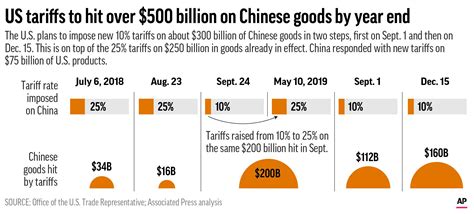When President Trump boarded Air Force One, little did he know that his grand plans to save TikTok were about to be upended by the complex web of geopolitics and trade tariffs. It all started on a seemingly ordinary Wednesday when the Trump administration believed they had cracked the code to rescue the popular video-sharing platform.
ByteDance, the Chinese tech giant behind TikTok, along with key U.S. stakeholders and officials in Washington, had meticulously crafted a new ownership structure for the app. The proposal aimed to address national security concerns while keeping TikTok operational in the United States – a delicate dance between innovation and regulation.
As whispers of this breakthrough spread through political corridors, hope flickered that an amicable solution was within reach. Reports suggested that under the plan, American investors would take control of 50% of a restructured American TikTok entity, with Chinese ownership limited to less than 20% as mandated by federal law.
ByteDance even went as far as reassuring the White House that Beijing had given its nod of approval to this framework. Optimism permeated until Thursday morning when an unexpected twist sent shockwaves through the negotiation tables.
A draft executive order from President Trump outlining the deal’s foundation began circulating among key players. However, ByteDance suddenly pulled out their trump card – China’s retaliatory tariffs on U.S. imports now loomed large over their ability to proceed with any agreements involving American entities.
In a diplomatic chess move, ByteDance conveyed this roadblock to Washington. Faced with this unanticipated hurdle, President Trump made a strategic decision; he pressed pause on enforcing laws mandating TikTok’s ownership change and extended deadlines into mid-June.
“The report is that we had a deal… pretty much,”
remarked Mr. Trump during his airborne press engagement on Sunday. The frustration in his voice was palpable as he added,
“and then China changed the deal because of tariffs.”
The intricate dance between global economics and technological diplomacy had taken center stage once again – showcasing how interconnected our world has become in navigating these modern-day challenges.

